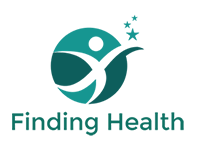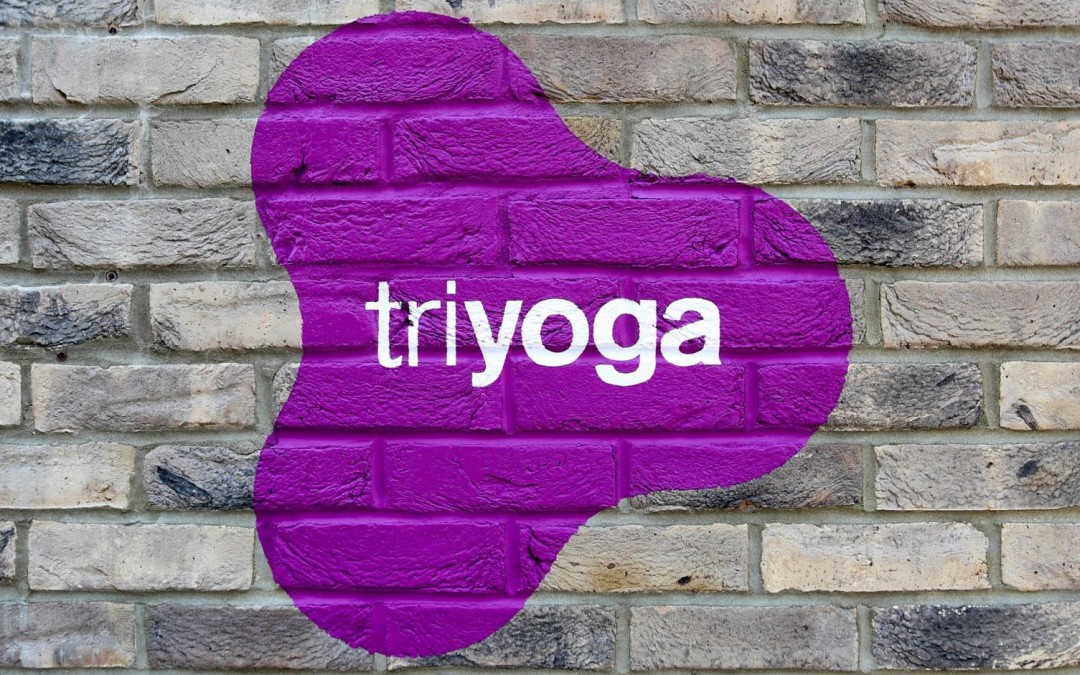Here’s a blog I wrote for Triyoga this month – you can also find it here on the Triyoga Blog
Sometimes we all judge a book by its cover. You could be forgiven for thinking that yoga is just for lithe, flexible young women and muscly tanned guys – doing acrobatic postures in exotic places and meditating by the sea. Social media can suggest that this is what yoga should be. It is more than enough to put you off going to your first yoga class, even if you think yoga could help your body to work more comfortably, or your mind to relax.
Thankfully, the real yoga world welcomes everyone – whatever age or shape, and importantly, however stiff, stressed or unhealthy. As an osteopath and yoga teacher I see yoga bringing benefits to normal people dealing with normal life. In my classes there are students in their 30s to 60s, using yoga to help them find health in their bodies: warts, injuries, illnesses and all. What they look like and what they wear doesn’t come into it.
Every BODY can do different things in a yoga class, just as they can out of it. I know from my osteopathic patients not to compare body shapes or types: we have to accept that some of us have heavier frames, others have less or more muscle, some can run elegantly, others can’t and some have injuries or conditions that restrict their movement. Believe it or not, some people in their 20s are stiff and some in their 70s can touch their toes. Our bodies are a unique product of our genes, how we use and treat them on a daily basis and a whole host of other factors. Thank goodness that we are different – we need a world with strong bodies AND flexible ones.
The great news is that the yoga world welcomes all. Remember that yoga wasn’t ever about sexy postures – it’s an ancient set of practices designed as a path to self-enlightenment. Whilst that might sound heavy-going, thankfully these practices have noticeable benefits to the human body and mind whilst we are on the journey. There is good quality research showing that practicing yoga postures, breathing and relaxation techniques can improve sleep, reduce stress, reduce hypertension and reduce back pain – and this research has been done on a range of ages.
So, the benefits of moving mindfully, breathing well and learning to relax are open to everyone – no matter much you can or can’t do when you start. I’ve taught yoga postures and breathing to NHS patients with persistent back pain, to patients recovering from cancer and you can find chair-based yoga for those with limited mobility. There is genuinely something for everyone. Remember that yoga isn’t magic – the benefits come from practice on a regular basis – but you will probably notice changes as soon as you start.
I would encourage you to take the first step and try a yoga class. What have you got to lose ?
Top Tips:
- Do some research – a little work up front to find what suits you will pay dividends.
- Look for a Beginners course or a ‘gentle’ yoga class when starting out.
- Speak to the teacher in advance – especially if you have a health issue: is the class appropriate? Some teachers have extra training e.g. yoga for back pain, chair yoga, advanced years, yoga for cancer or MS sufferers. A good teacher will welcome your questions and ask you more.
- Check with your GP if you haven’t exercised for a while.
- Remember at all times that it is YOUR BODY and YOU are in charge of it. No-one else knows what it feels like when you move, not even the world’s best yoga teacher. If something doesn’t feel right – don’t do it. Ask for more instruction, be gentle with yourself and definitely don’t compare with the seasoned yogi on the next mat.
- Try different classes and teachers, styles vary so much. The ‘perfect’ class for you might be happening next door or tomorrow.
- Remember too that yoga is not a cure-all and of course, it might not be your cup of tea. Yes it can help to reduce aches and pains, help you sleep and quieten the mind if you practice. But rarely is one thing the only answer to a complicated question.
- Have fun in your practice – life’s too short not to enjoy the bits you can.

